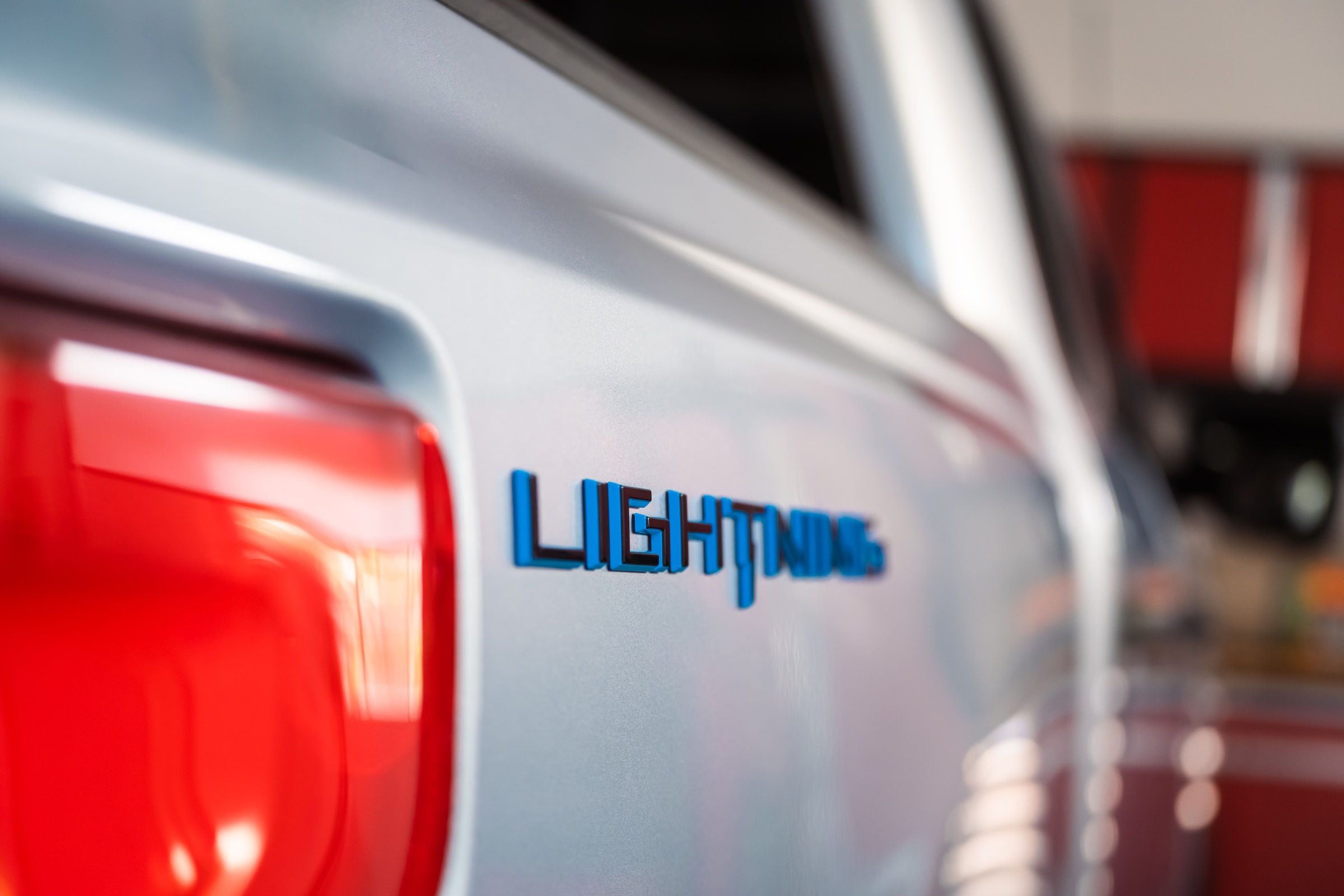Ford Motor CEO Jim Farley and Executive Chairman Bill Ford recently met with U.S. lawmakers to discuss the company's controversial agreement with Chinese battery manufacturer CATL. The talks follow Republican criticism and an ongoing investigation into the automaker's decision to build a $3.5 billion battery plant in Michigan.
In response to this scrutiny, the chairs of two U.S. House of Representatives committees initiated an investigation into Ford's collaboration with CATL. U.S. Senator Gary Peters, a Democrat from Michigan, expressed his optimism for resolving concerns surrounding the plant after meeting with Farley. However, the details of their conversation remain confidential.
Ford's decision to invest $3.5 billion in a Michigan battery plant utilizing CATL's cutting-edge technology was announced in February. Despite the magnitude of this decision, the automaker declined to comment on the recent meetings, citing the breadth of topics discussed.
Representative James Comer, along with other members of the Kentucky delegation, met personally with Bill Ford earlier this week. The lawmaker's spokesperson did not disclose the nature of their interaction.
The House Ways and Means Committee and the Select Committee on China, chaired by Jason Smith and Mike Gallagher, respectively, addressed a letter to Ford Motor, raising concerns regarding the potential implications of the licensing agreement. The letter expressed apprehension that the deal may result in the relocation of battery technology, resources, and personnel from the People's Republic of China (PRC). At the same time, the tax credits and financial returns flow back to CATL.
Ford Motor has explicitly stated that it intends to build and operate the Michigan battery plant locally, distinguishing itself from competitors who import lithium iron phosphate (LFP) batteries from China. It is worth noting that the Inflation Reduction Act, passed by Congress in 2022, prohibits future electric-vehicle tax credits if any battery components are manufactured or assembled by a "foreign entity of concern." Ford actively seeks guidance from the U.S. Treasury to ensure compliance with this requirement.
Observing these developments, other automakers closely monitor Ford's eligibility for tax incentives concerning the Michigan plant's batteries. If Ford receives approval, other automakers are expected to follow suit and pursue similar agreements.
Photo: Cyrus Crossan/Unsplash



 Ferrari Group to Launch IPO in Amsterdam, Targets Over $1 Billion Valuation
Ferrari Group to Launch IPO in Amsterdam, Targets Over $1 Billion Valuation  US Pushes Ukraine-Russia Peace Talks Before Summer Amid Escalating Attacks
US Pushes Ukraine-Russia Peace Talks Before Summer Amid Escalating Attacks  Investors Brace for Market Moves as Trump Begins Second Term
Investors Brace for Market Moves as Trump Begins Second Term  Dollar Near Two-Week High as Stock Rout, AI Concerns and Global Events Drive Market Volatility
Dollar Near Two-Week High as Stock Rout, AI Concerns and Global Events Drive Market Volatility  Trump Lifts 25% Tariff on Indian Goods in Strategic U.S.–India Trade and Energy Deal
Trump Lifts 25% Tariff on Indian Goods in Strategic U.S.–India Trade and Energy Deal  Global Markets Slide as AI, Crypto, and Precious Metals Face Heightened Volatility
Global Markets Slide as AI, Crypto, and Precious Metals Face Heightened Volatility  China Warns US Arms Sales to Taiwan Could Disrupt Trump’s Planned Visit
China Warns US Arms Sales to Taiwan Could Disrupt Trump’s Planned Visit  Gold Prices Rise as Markets Await Trump’s Policy Announcements
Gold Prices Rise as Markets Await Trump’s Policy Announcements  South Korea’s Weak Won Struggles as Retail Investors Pour Money Into U.S. Stocks
South Korea’s Weak Won Struggles as Retail Investors Pour Money Into U.S. Stocks  U.S. Stock Futures Slide as Tech Rout Deepens on Amazon Capex Shock
U.S. Stock Futures Slide as Tech Rout Deepens on Amazon Capex Shock  Pentagon Ends Military Education Programs With Harvard University
Pentagon Ends Military Education Programs With Harvard University  China’s Growth Faces Structural Challenges Amid Doubts Over Data
China’s Growth Faces Structural Challenges Amid Doubts Over Data  Reliance Industries Surges on Strong Quarterly Profit, Retail Recovery
Reliance Industries Surges on Strong Quarterly Profit, Retail Recovery  U.S. Banks Report Strong Q4 Profits Amid Investment Banking Surge
U.S. Banks Report Strong Q4 Profits Amid Investment Banking Surge  Fed Governor Lisa Cook Warns Inflation Risks Remain as Rates Stay Steady
Fed Governor Lisa Cook Warns Inflation Risks Remain as Rates Stay Steady  Trump’s Inflation Claims Clash With Voters’ Cost-of-Living Reality
Trump’s Inflation Claims Clash With Voters’ Cost-of-Living Reality  Jack Lang Resigns as Head of Arab World Institute Amid Epstein Controversy
Jack Lang Resigns as Head of Arab World Institute Amid Epstein Controversy 































